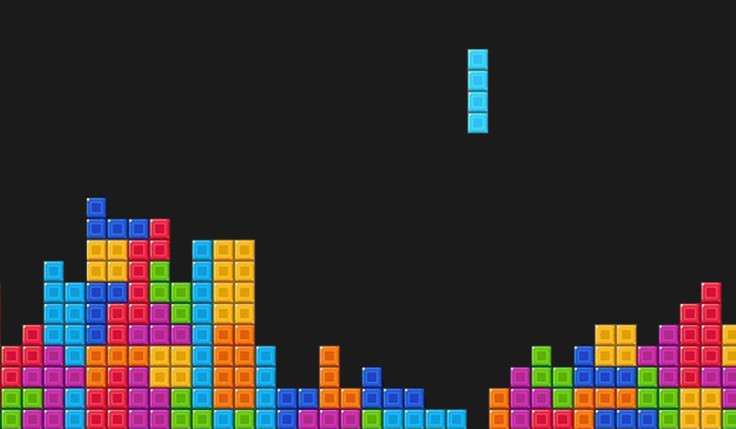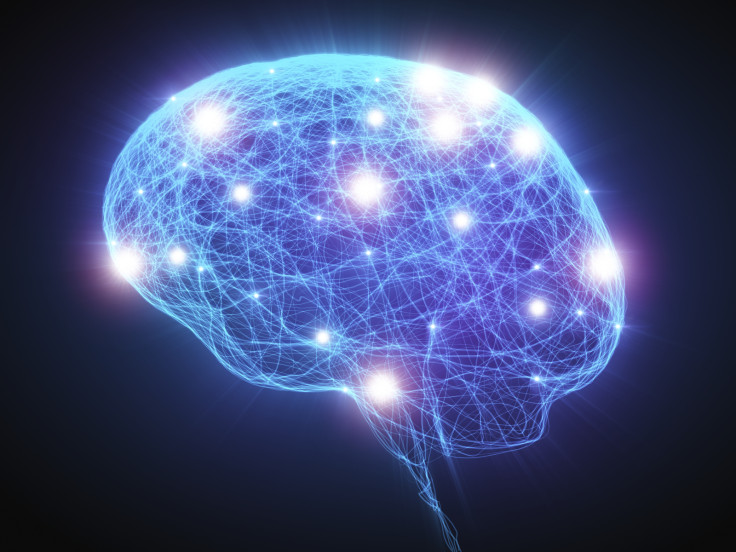Tetris as PTSD treatment: Vintage game blocks violent flashbacks after traumatic events

Playing the video game Tetris could be used to help treat post-traumatic stress disorder (PTSD), a study has suggested.
The team of researchers from the MRC Cognition and Brain Sciences Unit in Cambridge found playing the visual computer game can reduce the intrusiveness of emotional memories after experiencing traumatic events a day earlier.
Published in the journal Psychological Science, researchers conducted two experiments where participants viewed films with traumatic content, including public information films about the dangers of drink driving.
The following day, the two groups were asked to look at stills of the film in order to reactivate the memory. One group was then asked to play Tetris for 12 minutes while the other group did nothing.
Over the next week, participants that played Tetris experienced significantly fewer intrusive memories compared with the group that did not play. The later study showed how the combination of the reactivation with playing the computer game had been critical to the reduction.
Researchers believe the reactivated memory of the trauma was disrupted by participants participating in the visuospatial task by competing for visual working memory resources.

"We showed that intrusive memories were virtually abolished by playing the computer game Tetris following a memory reactivation task 24 hours after initial exposure to experimental trauma," they wrote. "Furthermore, both memory reactivation and playing Tetris were required to reduce subsequent intrusions."
Previously, the researchers had shown Tetris could be used to reduce flashbacks if it was played in the hours after trauma exposure, so were looking to see if it would work a day later when the memory had been consolidated.
The team believes the latest findings have potential in the development of techniques to reduce the frequency of intrusive memories – a core feature of PTSD. They note that one of the limitations of the study was using a trauma film – viewing the film itself "did not meet criteria for a traumatic event", they said. They also said the underlying mechanisms need further study.
"We propose that after memory reactivation, a visuospatial cognitive task (Tetris) that competes for the same working memory resources as the reactivated memory (a cognitive blockade) offers a simple non-invasive way to reduce intrusions of a trauma film.
"A critical next step is to investigate whether findings extend to reducing the psychological impact of real-world emotional events and media. Conversely, could computer gaming be affecting intrusions of everyday events?"
© Copyright IBTimes 2025. All rights reserved.






















